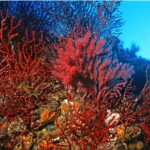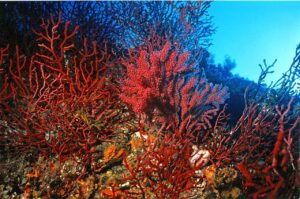In the past, both the EU and the US have steadily enforced laws against shark finning. However, this time they were the main obstacles to implementing protections for mako sharks at the meeting of the International Commission for the Conservation of Atlantic Tunas.
ICCAT scientists have warned that it could take makos four to five decades to recover, even if the measures were to be implemented. The lack of EU and US adherence at the meeting, means that mako onslaught will continue at unsustainable levels.
“North Atlantic mako depletion is among the world’s most pressing shark conservation crises, A clear and simple remedy was within reach. Yet the EU and US put short-term fishing interests above all else and ruined a golden opportunity for real progress. It’s truly disheartening and awful.”—Sonja Fordham, Shark Advocates International
Spain is responsible for the largest number of mako landings in the world, the US is third. Currently there are no fishing quotas restricting the number of makos caught. Yet, their slow growth makes them vulnerable to overfishing. Shortfin makos are mainly caught for their meat, or for sport. (If you live in Europe and have rarely seen mako on the menu read this article). The proposal was taken to the ICCAT by ten countries led by Canada and Senegal, advised by scientists. However, EU and USA’s veto will lead the mako population to collapse, the proposal was the species’ only chance at survival.
Senegal, Canada, Guatemala, Angola, the Gambia, Gabon, El Salvador, Egypt, Panama and Liberia jointly proposed the science-based North Atlantic makos ban and were supported on the floor by Norway, Guinea Bissau, Uruguay, Japan, China, and Taiwan. ICCAT Parties plan to hold a special meeting next year to reopen talks on the protection of makos.













